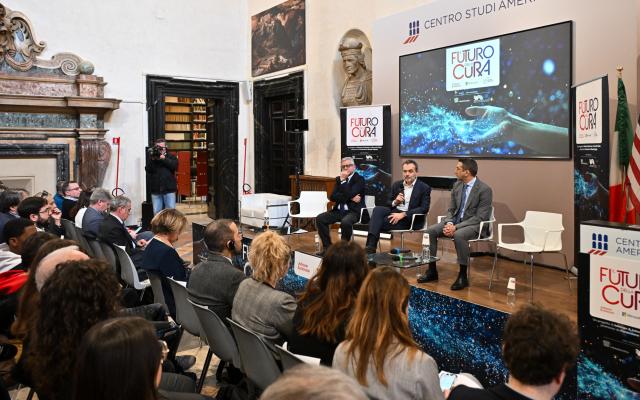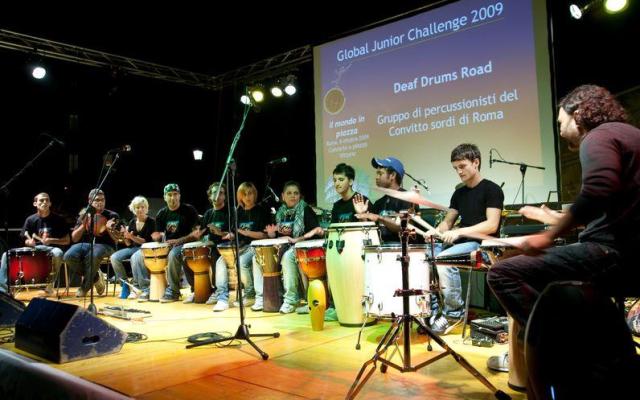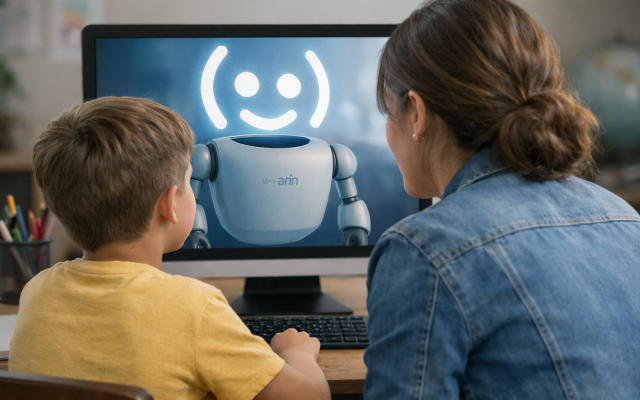Project Peer Sharing activities in Rome’s Municipio VII.
On April 10, at Villa Lazzaroni, the working groups organised by the educational community of Rome’s Municipio VII kicked with a full house as part of Project Peer Sharing, against educational poverty. The groups, composed by active local organisations, as well as local institutions, intend to address the needs of citizens through a community plan [see news: Community Plan in Municipio VII].
The event, entitled "Creating an Educational Community in the Municipio VII," was opened by Vincenzo Curatola, President of ForumSaD, the lead organization of the project which involves 15 local organisations and was selected by "Con i Bambini. Impresa sociale” as part of the Fund to Contrast the Educational Poverty of Minors.
“All citizens are invited to participate in the educational community because everyone is an educator,” Curatola began. “The aim of the event is to increase communication through working groups addressing 4 major areas. The aim is to develop, in one year’s time, an educational programme for the Municipio VII. We are putting together forms of mutual help, but also establishing priorities for shared needs and methods of action. We will meet this afternoon in memory of the Fascist roundup in the Quadraro neighbourhood because education is based on history. Community, education, solidarity are the words that unite associations, institutions, and various subjects to put the contents of a community plan on the table.”
Jasmin Abo Loha, National Secretary of the Ecpat Italia Onlus Association, presented a mapping of educational subjects and an analysis of educational needs: “We have reached out far with the semi-structured questionnaire method, by submitting questions to local entities that require wide-ranging answers to the needs of the citizens with whom they come into contact. We then organized webinars to learn more. The initial results indicate that all the local educational organisations have demonstrated the need to work online, which they already do informally, but in a more structured way.
Municipio VII councillor Fabrizio Grant addressed the administration's contribution: "Often, at a political level, it is easier to guarantee operational interventions but more difficult to interact in community processes that require continuous commitment. However, there is a strong will to do so. We believe that going concrete is essential!”
The discussion was started by Cristiano Colombi, President of Sal Onlus, who asked the members of each group to present their activities with a view to developing proposals for common action.
The work tables are:
- Families with a migratory background: inclusion of minorities
- Psycho-social well-being and aggregation: inclusive events for citizens
- Youth participation and activism: digital literacy, countering phenomena such as individualization and isolation
- School and community: coordination of network initiatives, support for bottom-up participatory planning.
See you in the summer for the first conclusions!
The report of the work session was drafted by Onelia Onorati.



